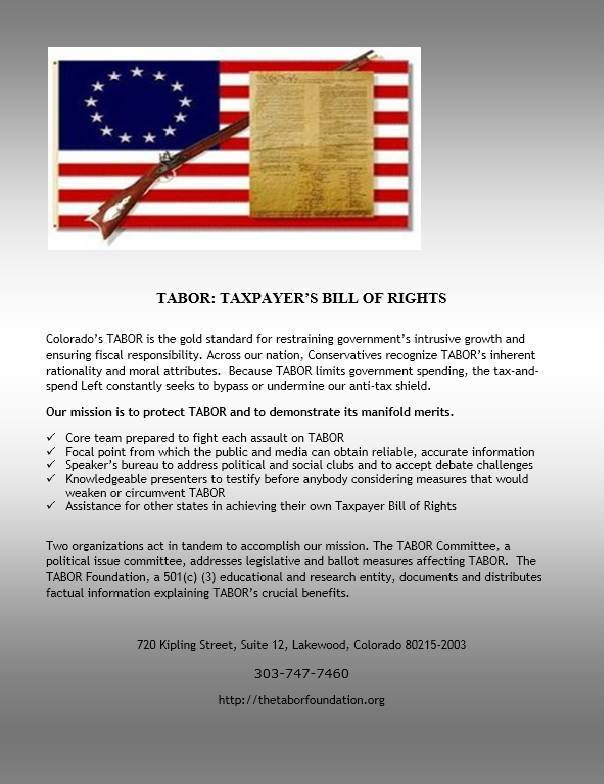800 YEARS STRIVING FOR FREEDOM
Eight hundred years ago on 15 June 1215, the English people compelled King John to endorse the Great Charter – Magna Carta. The Great Charter confirmed the ancient rights of “all the community.” So what? Magna Carta is the foundation of America’s Constitution, our defense against tyranny, corruption and civil decay.
English people rebelled against King John’s lawless, inept, profligate and despotic government. For years they had struggled to restrain John’s abuses, reminding him of the solemn contract to which he had sworn at his coronation.
Magna Carta enumerated specific rights so that henceforth neither a ruler nor his officials could legally sidestep their obligations. Magna Carta stipulated that they were, like all the people, subject to the law. No one is above the law. That was the fundamental point of the Great Charter.
Magna Carta was Europe’s first written constitution, a thorough reform grounded in the ancient understanding that the people ruled through their chosen leader, who retained office only to the extent that he fulfilled his sworn duties and honored the law. It is the foundation of individual freedom and our bulwark against arbitrary despotism.
History is our story. History reveals people’s recurring efforts toward a balance of leadership’s role and individual liberty. Freedom requires constant, courageous vigilance. Freedom requires each individual’s active commitment, again and again.
Today, nurtured in our culture of individual liberty, we may not recognize that it is rooted in centuries of courageous striving and thus merits our continued reverence.
So, please celebrate freedom on 15 June.
Peg Brady
TABOR Committee and TABOR Foundation Board member


